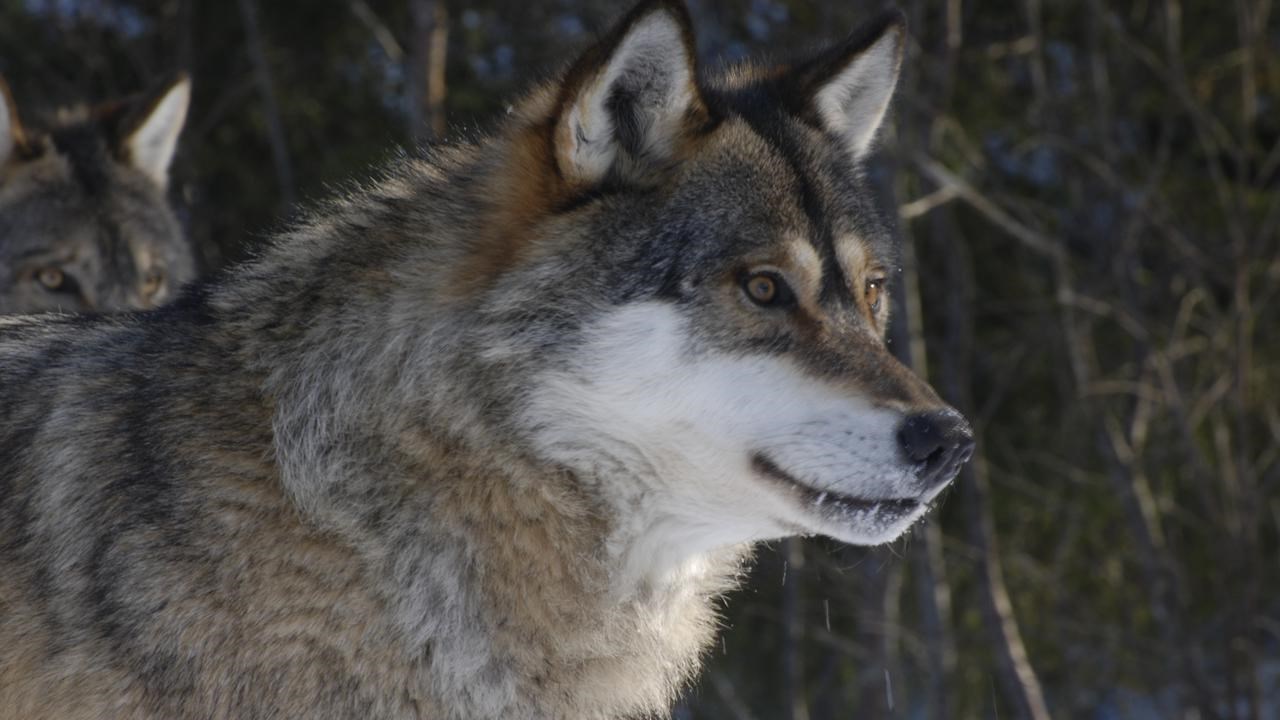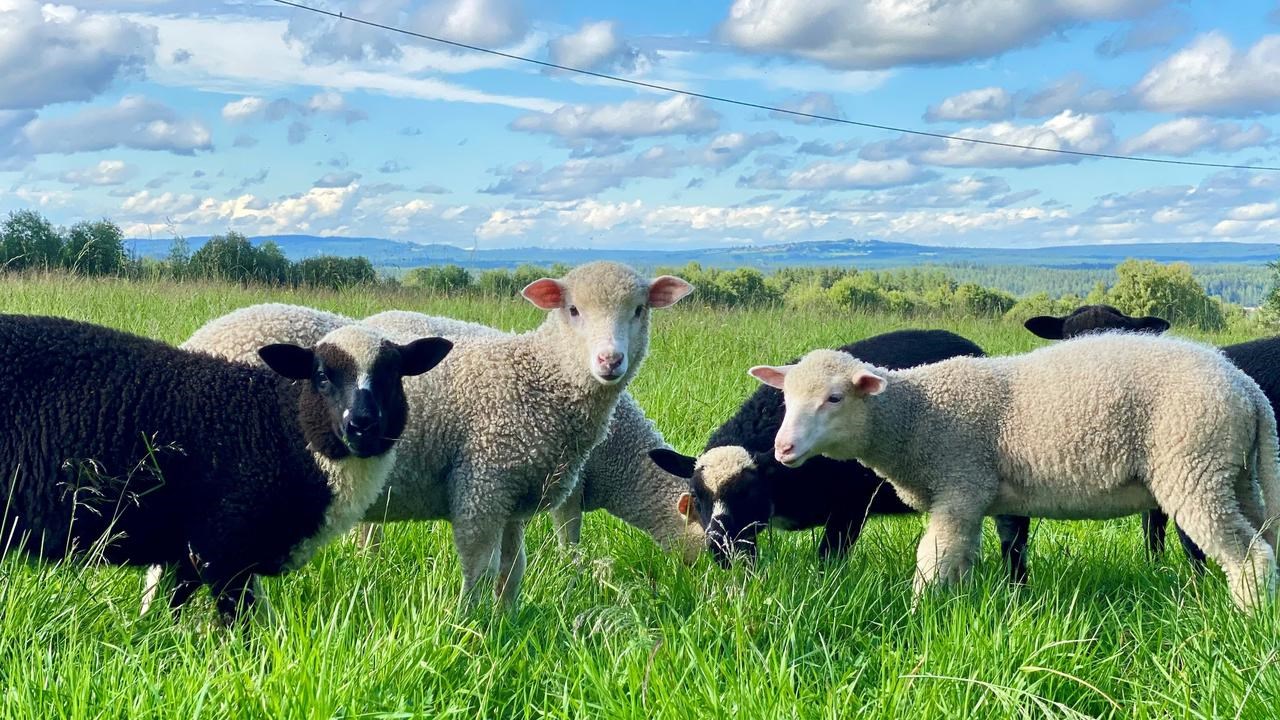Stay Updated
For more information on the CoCo project and its latest findings, visit https://cocoproject.eu/home
Media Contact:
For interviews or additional information, please contact:
Katrina Marsden, Senior Manager Biodiversity, adelphi research gGmbH, info@coco.eu
Auvikki de Boon, Postdoctoral fellow, Umeå University, auvikki.de.boon@umu.se



